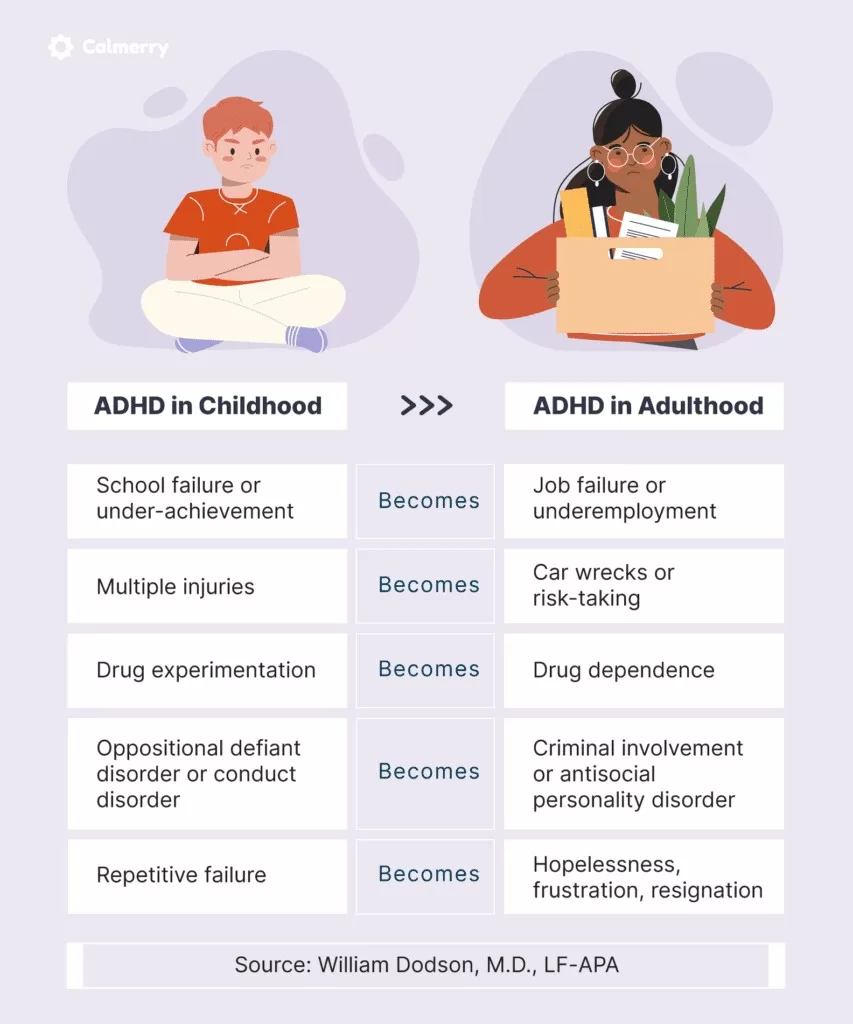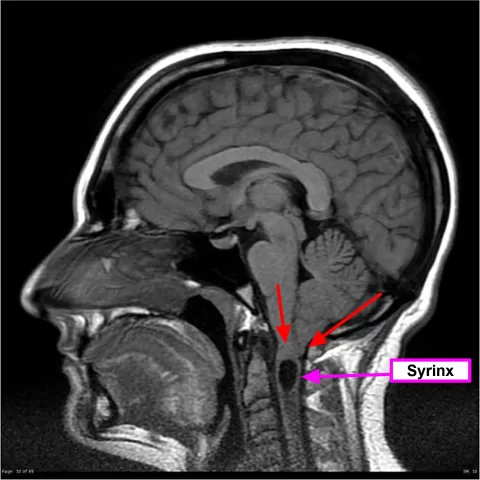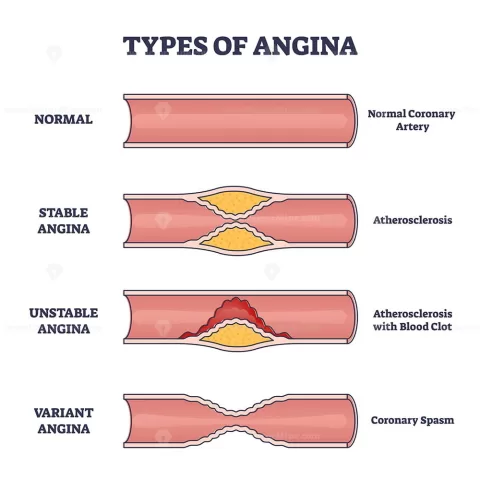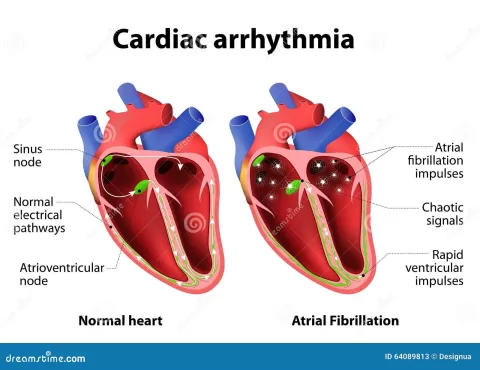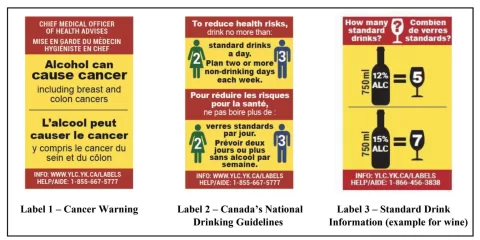ADHD in 5-Year-Olds can pose unique challenges for both children and parents, as early signs of attention deficit hyperactivity disorder often emerge during preschool years. Recognizing ADHD symptoms is crucial, as it allows for timely intervention that can significantly improve a child’s academic and social development. A comprehensive child behavior evaluation conducted by a pediatrician can provide insights into your child’s attentiveness, impulsivity, and activity levels compared to their peers. Through ADHD testing, healthcare professionals can assess whether these behaviors may signify a need for support. Early intervention for ADHD is essential, paving the way for healthier family dynamics, increased self-esteem, and better learning outcomes for your child.
When discussing ADHD in young children, terms like attention deficit disorder (ADD) may also arise, highlighting the importance of recognizing behavioral difficulties early. Addressing the cognitive challenges associated with child behavior is vital, as these issues can significantly affect day-to-day learning and interactions. Professional evaluations by a pediatrician can help shed light on the symptoms that manifest in play and social settings, ensuring parents are equipped with the right strategies. Inducing ADHD assessments at this stage can lead to more appropriate interventions and support systems. Ultimately, these early steps can make a profound difference in a child’s growth and quality of life.
Recognizing ADHD Symptoms in Early Childhood
At the tender age of five, many children exhibit a range of behaviors that can be classified as typical of their developmental stage, but for some, these behaviors can signal the onset of Attention Deficit Hyperactivity Disorder (ADHD). Key ADHD symptoms include impulsivity, hyperactivity, and difficulty maintaining attention, which may disrupt daily activities and learning opportunities. Parents often observe their child struggling to stay focused, frequently losing items, or not following simple instructions—these might all be indicators of underlying ADHD.
Early signs of ADHD may also manifest in social settings, where a child might seem to constantly interrupt others, or may struggle to wait their turn during games or activities. To effectively assess these behaviors, parents are encouraged to engage in thorough child behavior evaluations that differentiate between typical childhood antics and problematic signs that may require intervention. Understanding these symptoms early can pave the way for seeking necessary ADHD testing and interventions that can support the child’s overall development.
Frequently Asked Questions
What are the common ADHD symptoms in 5-year-olds that parents should look for?
Common ADHD symptoms in 5-year-olds include difficulty maintaining attention, impulsivity, hyperactivity, and trouble following instructions. If you notice these behaviors consistently in various settings, it may be time to consider a pediatrician ADHD assessment.
How can I get an ADHD testing appointment for my 5-year-old?
To get an ADHD testing appointment for your 5-year-old, start by consulting your pediatrician. They can administer norm-referenced rating scales, such as the Vanderbilt Assessment Scale, to evaluate your child’s attention and behavior across different environments.
What is involved in a child behavior evaluation for ADHD in preschool-aged children?
A child behavior evaluation for ADHD typically includes structured interviews with parents, observation, and standardized ADHD rating scales completed by caregivers and teachers. This comprehensive assessment helps in accurately identifying ADHD symptoms and determining the best early intervention strategies.
Why is early intervention for ADHD important in 5-year-olds?
Early intervention for ADHD is crucial because it can lead to improved academic performance, better social skills, and enhanced self-esteem. Identifying and addressing ADHD symptoms early can make a significant difference in your child’s development and overall well-being.
What should I discuss with my pediatrician about ADHD concerns for my child?
Discuss your observations of your child’s behavior, any ADHD symptoms you might have noticed, and the impact these behaviors have on daily life. Bring up the possibility of ADHD testing to ensure a thorough and proactive approach to your child’s evaluation.
What types of professionals can assess ADHD in a 5-year-old?
Qualified professionals who can assess ADHD in a 5-year-old include pediatricians, psychologists, psychiatrists, developmental-behavioral pediatricians, and neurologists. Each can provide valuable insights and tools for a comprehensive ADHD evaluation.
How can parents advocate for their 5-year-old when seeking ADHD evaluation?
Parents can advocate for their 5-year-old by documenting specific behaviors, expressing their concerns clearly to the pediatrician, and requesting ADHD rating scales. If the pediatrician takes a ‘wait and see’ approach, insist on a further evaluation based on your observations.
What behaviors indicate that my 5-year-old may need an ADHD assessment?
Behaviors that may indicate the need for an ADHD assessment include excessive talking, difficulty staying focused on tasks, impulsive actions without regard for consequences, and a persistent inability to sit still. If these behaviors are observed across multiple environments, it’s advisable to seek a professional evaluation.
| Key Point | Details |
|---|---|
| Concerns about ADHD | It’s crucial to communicate any concerns to your pediatrician and advocate for your child’s needs. |
| Rating Scales | Request and complete ADHD-specific rating scales with an observer from another environment, like school. |
| Importance of Early Intervention | Early diagnosis and treatment can improve academic performance, self-esteem, and family dynamics. |
| Being an Advocate | Parents should express their observations and feelings to encourage further evaluation if needed. |
| Seeking Second Opinions | If pediatrician is hesitant, parents should seek evaluations from other qualified professionals. |
Summary
ADHD in 5-Year-Olds is a critical topic for parents to address, especially if concerns arise early in a child’s development. Understanding how to communicate effectively with pediatricians, the importance of using ADHD rating scales, and knowing when to seek a second opinion can significantly impact the outcome for the child. Advocating for your child’s evaluation is essential to ensure they receive the necessary support for optimal growth and development.
The content provided on this blog (e.g., symptom descriptions, health tips, or general advice) is for informational purposes only and is not a substitute for professional medical advice, diagnosis, or treatment. Always seek the guidance of your physician or other qualified healthcare provider with any questions you may have regarding a medical condition. Never disregard professional medical advice or delay seeking it because of something you have read on this website. If you believe you may have a medical emergency, call your doctor or emergency services immediately. Reliance on any information provided by this blog is solely at your own risk.



